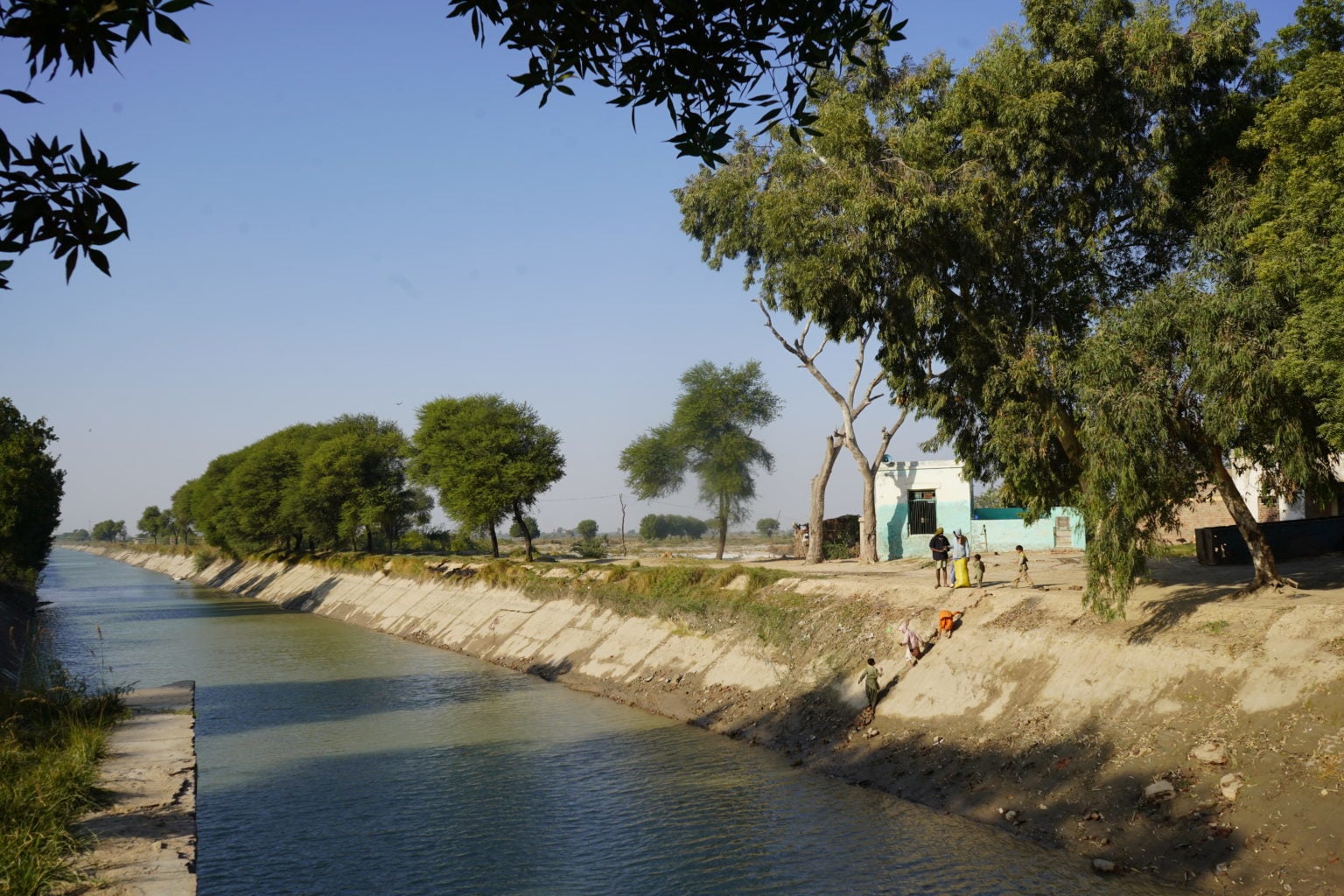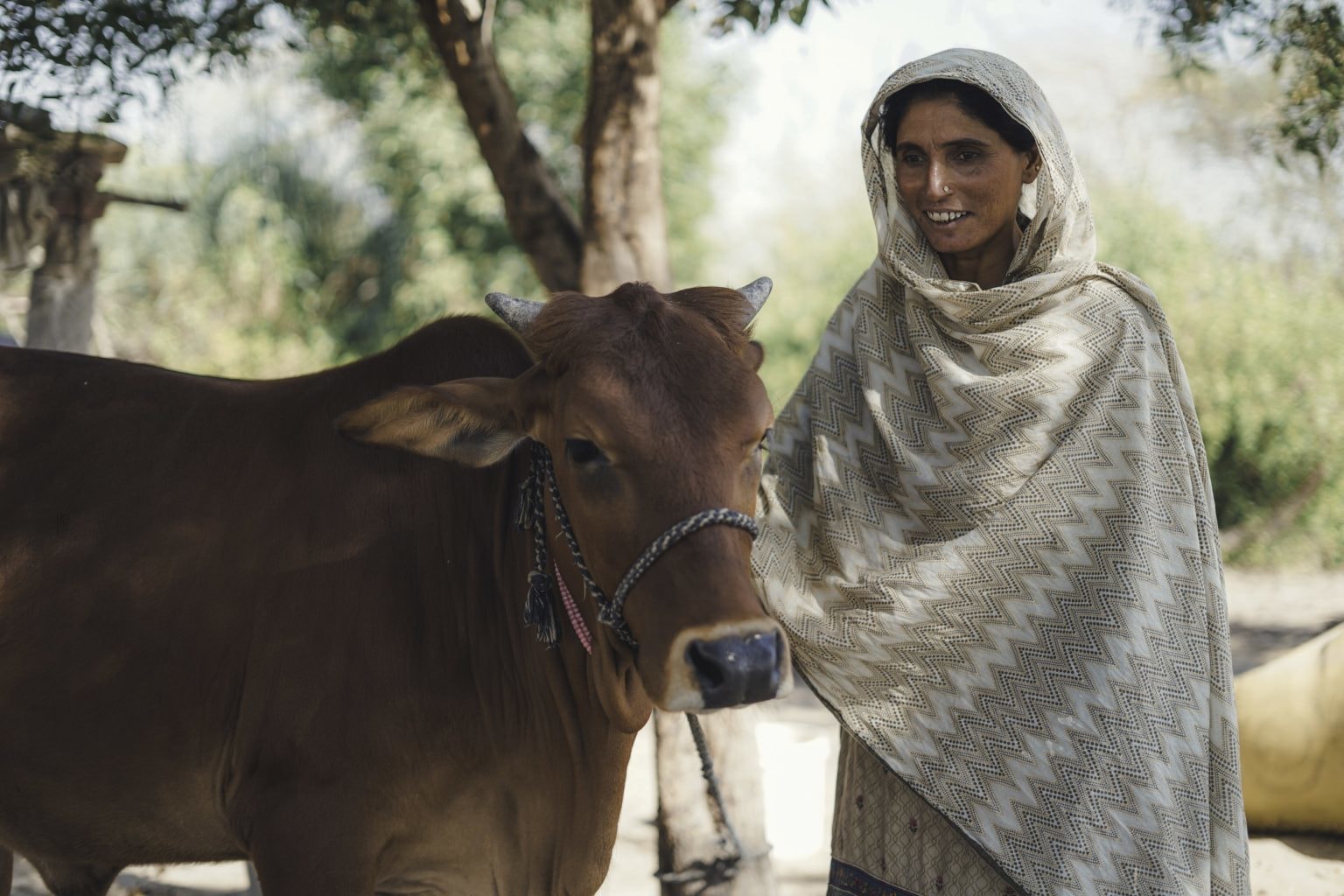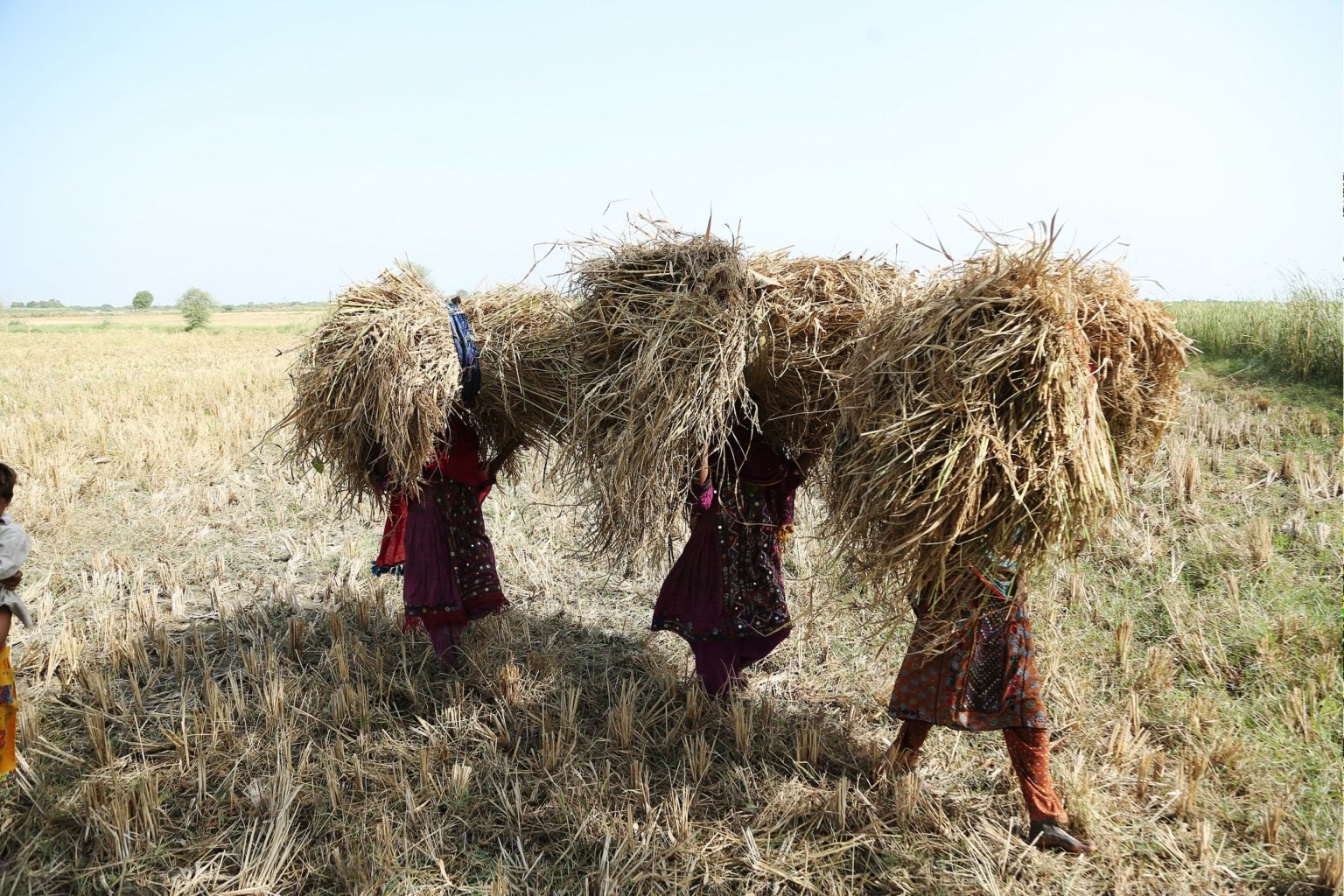ghazi52
PDF THINK TANK: ANALYST

- Joined
- Mar 21, 2007
- Messages
- 102,916
- Reaction score
- 106
- Country
- Location
Upcoming hybrid wheat to cool down flour price
By Gwadar Pro
Jan 8, 2021
PESHAWAR, it was reported that the price of wheat in the open market has again reached its highest, which was a cause of great concerns. In the second half of 2020, Pakistan imported more than 2 million tons of wheat, yet still not effective in alleviating the wheat shortage.
Beijing hybrid wheat, developed for improving Pakistan domestic wheat yield and quality and imported under CPEC agriculture cooperation, was expected as an effective solution for flour price hikes.
In order to achieve high yields in Pakistan, Beijing hybrid wheat has been fully seasoned to Pakistan's arid and hot climate for the past 11 years of experimentation.
According to experimental data this year, compared with the best local varieties in Pakistan, planted on the same acreage, Beijing hybrid wheat harvested 120% of the crop using only 10% of seeds. Meanwhile, its nutrition and taste can meet the needs of Pakistani people, and the texture of flour is very suitable for Nam and Chapati.
Affected by the pandemic, Chinese expert teams cannot reach the experimental field, therefore, Pakistani farmers have taken care of the crops independently. Zhang said, “The Pakistani personnel are experienced and all of them are professional and technical staff. We have been working together for four years and they have done very well. In addition, Beijing hybrid wheat is easy to cultivate, each Pakistani farmer can take care of it well through training and learning.”
“Since 2012 Pakistan started to import Beijing hybrid wheat, the increase rate of production has exceeded 50%, and the yield has reached 6,000 kg per hectare,” Zhang said. Wheat’s cultivated acreage is about 8.6 million hectares in Pakistan and accounts for 44% of the country's total arable land.
Once Beijing hybrid wheat is popularized and marketized, the flour shortage in Pakistan will be alleviated.
By Gwadar Pro
Jan 8, 2021
PESHAWAR, it was reported that the price of wheat in the open market has again reached its highest, which was a cause of great concerns. In the second half of 2020, Pakistan imported more than 2 million tons of wheat, yet still not effective in alleviating the wheat shortage.
Beijing hybrid wheat, developed for improving Pakistan domestic wheat yield and quality and imported under CPEC agriculture cooperation, was expected as an effective solution for flour price hikes.
In order to achieve high yields in Pakistan, Beijing hybrid wheat has been fully seasoned to Pakistan's arid and hot climate for the past 11 years of experimentation.
According to experimental data this year, compared with the best local varieties in Pakistan, planted on the same acreage, Beijing hybrid wheat harvested 120% of the crop using only 10% of seeds. Meanwhile, its nutrition and taste can meet the needs of Pakistani people, and the texture of flour is very suitable for Nam and Chapati.
Affected by the pandemic, Chinese expert teams cannot reach the experimental field, therefore, Pakistani farmers have taken care of the crops independently. Zhang said, “The Pakistani personnel are experienced and all of them are professional and technical staff. We have been working together for four years and they have done very well. In addition, Beijing hybrid wheat is easy to cultivate, each Pakistani farmer can take care of it well through training and learning.”
“Since 2012 Pakistan started to import Beijing hybrid wheat, the increase rate of production has exceeded 50%, and the yield has reached 6,000 kg per hectare,” Zhang said. Wheat’s cultivated acreage is about 8.6 million hectares in Pakistan and accounts for 44% of the country's total arable land.
Once Beijing hybrid wheat is popularized and marketized, the flour shortage in Pakistan will be alleviated.












